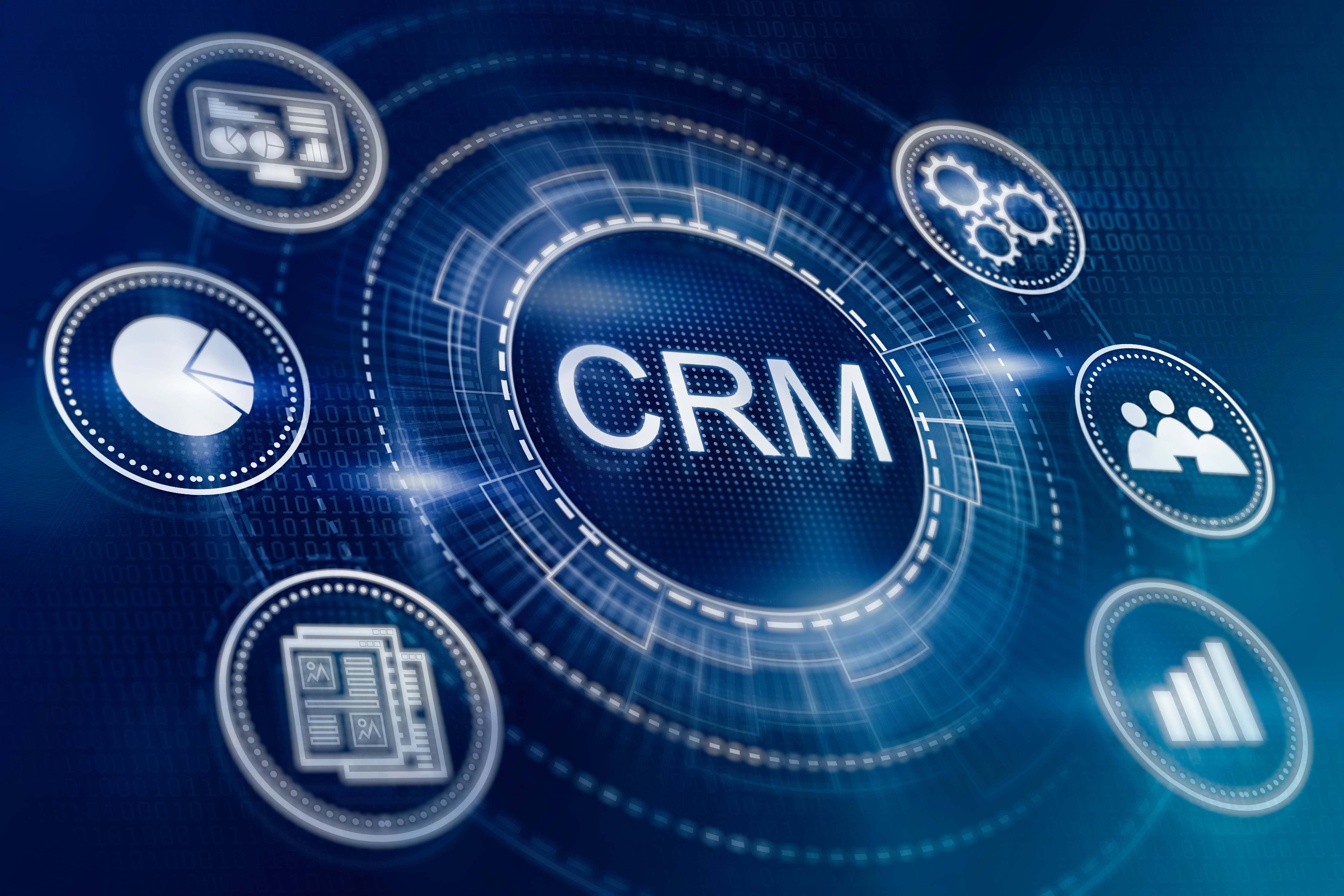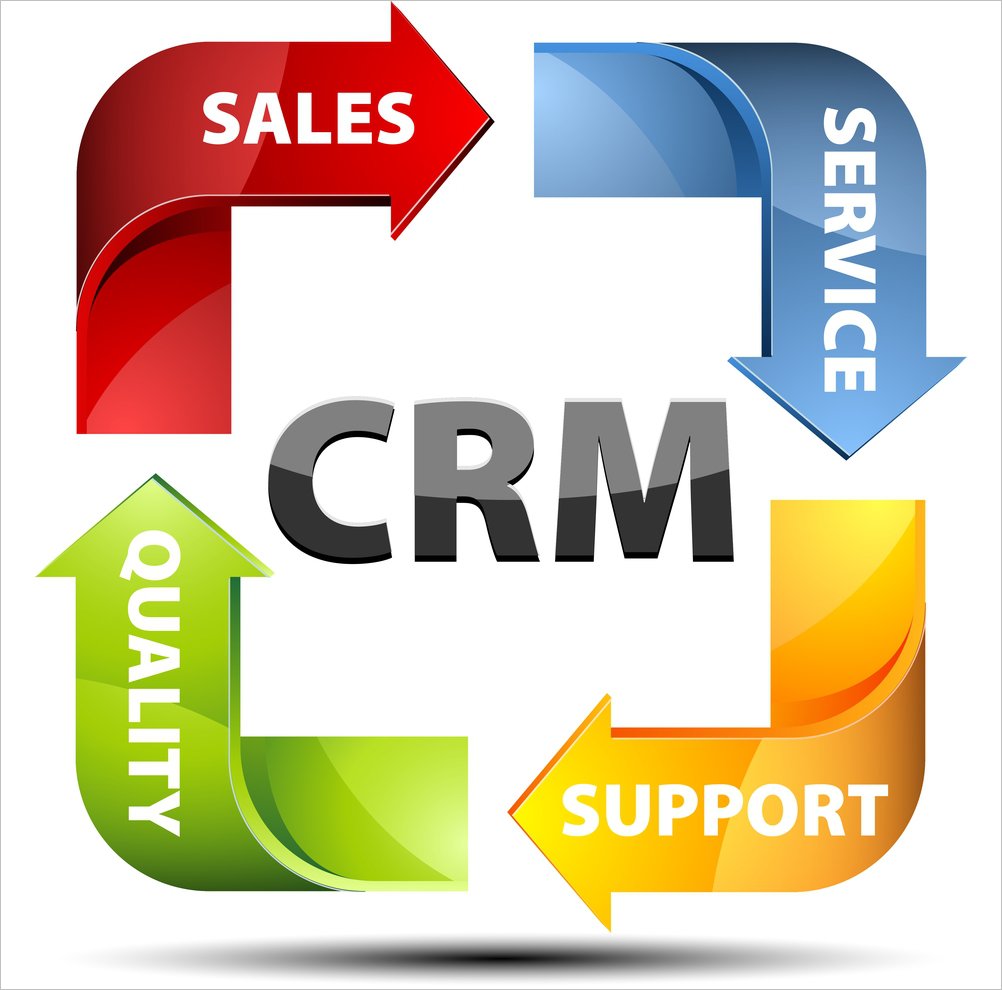As CRM computer software takes center stage, businesses are discovering its transformative power in fostering customer relationships and driving growth. This comprehensive guide delves into the world of CRM software, exploring its features, benefits, challenges, and emerging trends.
CRM software, short for Customer Relationship Management software, is a vital tool that enables businesses to manage and nurture customer interactions throughout their lifecycle, from initial contact to ongoing support.
CRM Software Overview
Customer relationship management (CRM) software is a technology that helps businesses manage and track their interactions with customers and potential customers. It provides a central platform for storing and organizing customer data, tracking sales and marketing activities, and managing customer service interactions.
CRM software can help businesses improve their customer relationships, increase sales, and provide better customer service.
Some common examples of CRM software applications include Salesforce, HubSpot, and Zoho CRM. These applications offer a variety of features, including contact management, lead tracking, sales forecasting, and customer service management.
Global CRM Software Market
The global CRM software market is growing rapidly. According to a report by Gartner, the market is expected to reach $69.5 billion by 2028. This growth is being driven by the increasing adoption of cloud-based CRM software and the growing need for businesses to improve their customer relationships.
Key Features of CRM Software

CRM software is designed to help businesses manage their customer relationships. It provides a central repository for customer data, and it can be used to track customer interactions, manage sales opportunities, and provide customer support.
The key features of CRM software include:
- Contact management: CRM software allows businesses to store and manage contact information for their customers, prospects, and partners. This information can include name, address, phone number, email address, and social media profiles.
- Lead tracking: CRM software can be used to track the progress of sales leads through the sales pipeline. This information can help businesses identify which leads are most likely to close, and it can help them prioritize their sales efforts.
- Sales automation: CRM software can be used to automate many of the tasks associated with the sales process, such as sending emails, scheduling appointments, and generating proposals. This can help businesses save time and improve their efficiency.
- Customer support: CRM software can be used to provide customer support. This information can include tracking customer inquiries, resolving customer issues, and providing product updates.
These features can help businesses improve customer relationships by providing a central repository for customer data, tracking customer interactions, managing sales opportunities, and providing customer support.
Comparison of CRM Software
There are many different CRM software solutions available, and each one has its own unique set of features. The following table compares some of the most popular CRM software solutions based on their key features:
| Feature | Salesforce | Microsoft Dynamics CRM | Oracle Siebel CRM |
|---|---|---|---|
| Contact management | Yes | Yes | Yes |
| Lead tracking | Yes | Yes | Yes |
| Sales automation | Yes | Yes | Yes |
| Customer support | Yes | Yes | Yes |
| Price | Starting at $25 per user per month | Starting at $65 per user per month | Starting at $100 per user per month |
Benefits of Using CRM Software: Crm Computer Software
CRM software provides numerous benefits for businesses, helping them streamline operations, enhance customer relationships, and drive growth.CRM software centralizes customer data, providing a comprehensive view of interactions, preferences, and history. This enables businesses to:
- Increase sales by identifying and targeting qualified leads, tracking opportunities, and automating follow-ups.
- Improve customer satisfaction by providing personalized experiences, resolving issues promptly, and fostering loyalty.
- Make better decisions by analyzing customer data to identify trends, patterns, and opportunities for improvement.
Case Study: Acme Corporation, Crm computer software
Acme Corporation, a leading manufacturer of industrial equipment, implemented a CRM system to manage its sales and customer service operations. Within a year, Acme experienced a 20% increase in sales, a 15% reduction in customer churn, and a significant improvement in customer satisfaction scores.
ROI of CRM Software
The ROI of CRM software can be substantial. A study by Forrester Research found that businesses can expect a return of $5.60 for every $1 invested in CRM software. The ROI is realized through increased sales, reduced costs, and improved customer satisfaction.
Challenges of Implementing CRM Software

Implementing CRM software can bring numerous benefits, but it also comes with its share of challenges. Here are some common hurdles businesses face and how to overcome them:
Data Integration:Integrating CRM with existing systems, such as ERP and marketing automation, can be complex and time-consuming. To address this, map out data flows and identify potential conflicts before implementation. Work closely with your CRM vendor to ensure seamless integration.
User Adoption
Getting users to adopt new software can be a challenge. To encourage user buy-in, involve stakeholders early in the selection process, provide comprehensive training, and demonstrate the value of CRM to their daily work.
Cost
CRM software can be expensive, especially for large organizations. To manage costs, consider cloud-based CRM solutions that offer flexible pricing models and scale with your business needs. Additionally, assess the potential return on investment (ROI) before making a purchase decision.
Choosing the Right CRM Software
Selecting the right CRM software is crucial for a successful implementation. Consider the following factors:
- Business Needs:Identify the specific requirements of your organization and choose a CRM that aligns with your goals.
- Industry Specificity:Look for CRM solutions tailored to your industry, as they often come with pre-configured features and best practices.
- Scalability:Ensure the CRM can grow with your business and adapt to future needs.
- Integration Capabilities:Consider the CRM’s ability to integrate with your existing systems and tools.
- Support and Training:Choose a vendor that provides reliable support and training resources to ensure a smooth implementation.
Trends in CRM Software

CRM software is constantly evolving to meet the changing needs of businesses. Some of the most important trends in CRM software include the use of artificial intelligence (AI), cloud computing, and mobile CRM.
AI is being used to automate tasks, improve customer service, and provide personalized recommendations. Cloud computing is making CRM software more accessible and affordable for businesses of all sizes. Mobile CRM is enabling sales and marketing teams to stay connected with customers on the go.
Impact on Businesses
These trends are having a significant impact on businesses. AI is helping businesses to improve efficiency and productivity. Cloud computing is making CRM software more accessible and affordable. Mobile CRM is enabling businesses to reach customers anytime, anywhere.
Final Summary
In the ever-evolving business landscape, CRM computer software has emerged as an indispensable tool for businesses seeking to thrive in the digital age. Its ability to streamline processes, enhance customer experiences, and drive data-driven decision-making positions it as a strategic investment that empowers organizations to achieve their customer-centric goals.
